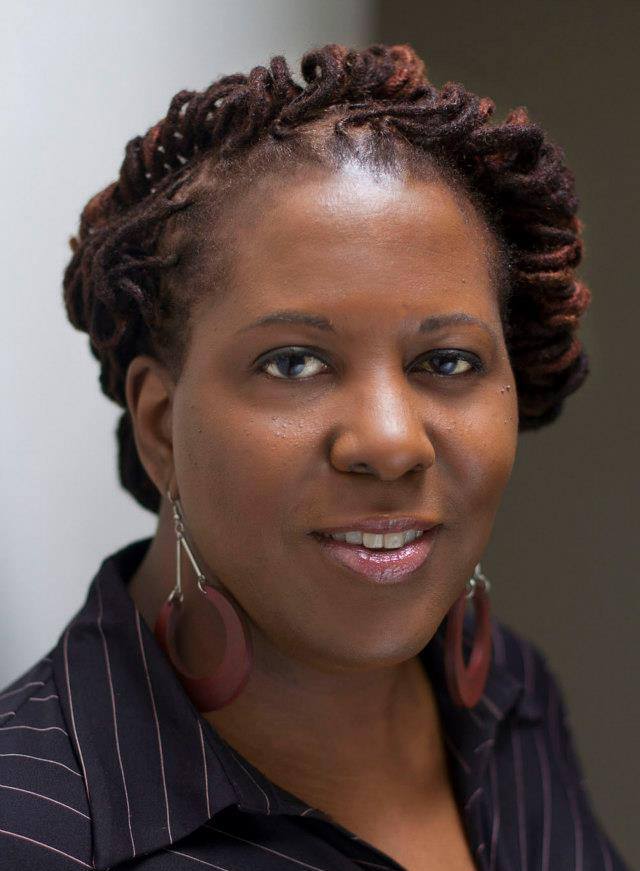 The lack of BIPOC (Black, Indigenous, People of Color) representation in the workforce remains an ongoing issue in this country, including in the environmental sustainability field, though research has established a link between diversity and a company’s financial performance. Despite the disproportionate impact of environmental problems—such as water and air pollution—on communities of color, for years, the movement displayed a shortage of BIPOC individuals, and many green organizations were predominantly white-led. However, the movement to conserve our planet is seeing an increased interest from people of color, who are ready to be a part of making a change.
The lack of BIPOC (Black, Indigenous, People of Color) representation in the workforce remains an ongoing issue in this country, including in the environmental sustainability field, though research has established a link between diversity and a company’s financial performance. Despite the disproportionate impact of environmental problems—such as water and air pollution—on communities of color, for years, the movement displayed a shortage of BIPOC individuals, and many green organizations were predominantly white-led. However, the movement to conserve our planet is seeing an increased interest from people of color, who are ready to be a part of making a change.
Karen Brown Stovell, the Executive Director of Forward Ever Sustainable Business Alliance, in Newark, NJ and co-founder of IMPACT HUB NY Metro, devotes her time to ensuring that people of color have a voice in both her BIPOC-focused businesses that support economic and environmental sustainability.

Karen Brown Stovell
“Our overarching goal is to ensure the active participation of BIPOC businesses in the clean energy economy, and to raise their voices in support of more equitable, clean-energy-related policy goals,” said Brown Stovell. “This includes, but is not limited to, participating in a campaign to commit NJ to 100% clean energy electricity, building public and stakeholder support for at least 7,500 megawatts of responsibly developed offshore wind and transmission, and advancing a comprehensive, equitable transportation policy portfolio to rapidly reduce emissions and fund active transportation and public transit.”
Brown Stovell serves on the steering committee of the New Jersey Sustainable Business Council, which together with the American Sustainable Business Network secured a grant to mobilize BIPOC business owners as spokespeople for their communities, and to offer invaluable input into the development and implementation of clean-energy-related policies.
The organizations recruited and work closely with key stakeholders from the African American Chamber of Commerce, Rutgers Small Business Development Center, The John S. Watson Institute for Urban Policy and Research at Kean University, and Partnership West Incorporated. With this diverse group, invaluable insights and information are created and shared with hundreds of statewide BIPOC businesses.
Brown Stovell’s efforts, along with those of other BIPOC owners of sustainability-focused businesses, have helped to create space for others to succeed. For example, Desmond Hayes, CEO of Geo Greens, an indoor hydroponic farm located in Hamilton, New Jersey, expressed the struggles within urban agriculture for minority farmers. “Capital! Urban farming and indoor farming are very capital-intensive fields. Funding options are available, but they are far [between] and few for minorities,” said the BIPOC farmer when asked about the barriers to the success of urban agriculture.
While racial inequalities exist across the environmental field, BIPOC individuals are not letting them deter them from standing in solidarity on sustainability issues. People of color need to be on the front line of the green movement to educate their communities, while making certain that they know that their concerns are also addressed. Brown Stovell asserts that providing information to disenfranchised communities in ways that they can understand creates a relatable situation, increasing concern.
A study by Green 2.0 showed an increase in the number of people of color staffing some of the leading environmental organizations and foundations. White environmental scientists make up 86.8% of the field, while 4.7% are Hispanic or Latino, 3.6% are Asian, 1.3% are Black or African America and 0.4% are American Indian and Alaska Native.
The expansion in BIPOC representation in the environmental movement can be credited to the motivation of young people wanting to make a positive impact in the world and going after jobs that enable them to contribute to the planet. Yeato Prall, a teenager and Trenton native, says, “Growing up I never knew or even heard about efforts to save our planet,” but now members of her generation are looking forward to careers in support of environmental sustainability.
According to Applied Economic Clinic (AEC), New Jersey’s Clean Energy Transition is projected to generate almost 300,000 jobs by 2050 if the state transitions to clean energy, electric transportation and green building infrastructure. If the plan is implemented, thwarting greenhouse gas emissions and pollutants in the state, then meaningful changes for the environment and residents could occur. Dr. Elizabeth Stanton, AEC Director and Senior Economist, said, “Switching from dirty fossil fuels to renewables, batteries, and electrification will create new, good-paying jobs in New Jersey, including entry-level jobs for new workers in the field.”
The influx of well-paying jobs in the field is a positive trend, as long as organizations recognize the importance of diversity and inclusion, giving BIPOC individuals equity in the environmental sustainability area.
This story was co-produced in collaboration with CivicStory (http://www.civicstory.org) and the NJ Sustainability Reporting project (SRhub.org)
CivicStory editor’s note: An earlier version of this story was updated on 10 August, 2022 to more accurately reflect the partnerships between the New Jersey Sustainable Business Council and its partners.
